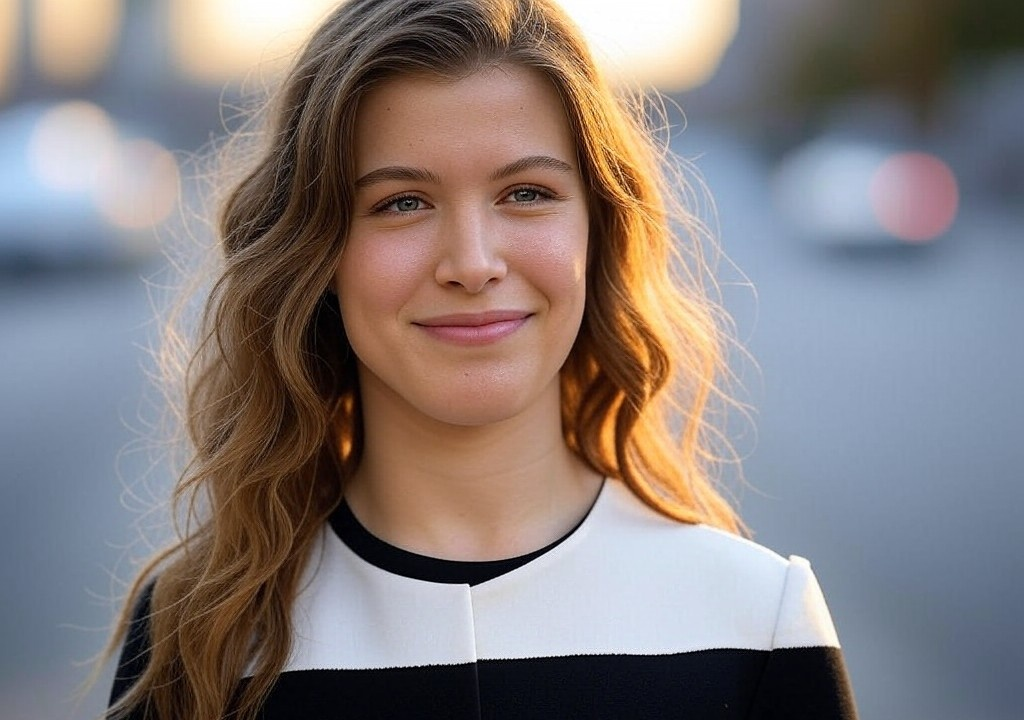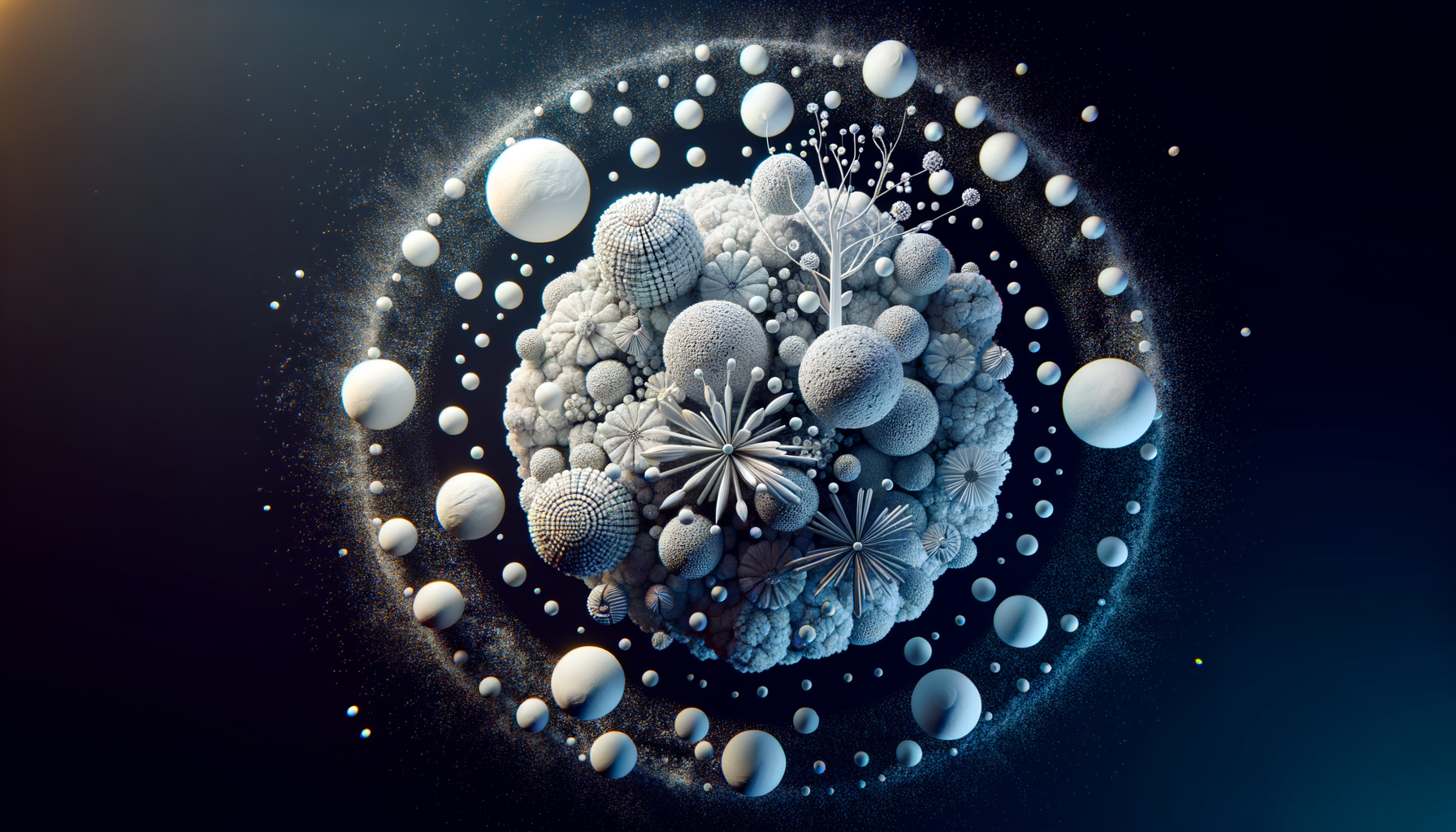There’s this moment in every relationship—be it with a person, a hobby, or a really good book—where you feel the spark shift. The butterflies go from frantic fluttering to something steadier, warmer. This was me, curled up in a second-hand armchair in my Montreal apartment, gripping a dog-eared copy of The Lover by Marguerite Duras. For years, people told me to read it: “Oh, Juliette, it’s très toi.” (What is très me?) I’d rolled my eyes, imagining another tale of tragic, tortured lovers gazing wistfully over the Seine. Yet when I finally cracked it open, I wasn’t expecting a book to strip me bare and whisper in my ear, "This—this is what intimacy is."
It’s a thin novel, deceptively so. You could read it in a single afternoon, but it’ll haunt you for weeks afterward. It isn’t a book about happily-ever-afters or perfect meet-cutes. Instead, it contemplates the subtle, shadowy ways relationships shape us—and I mean all kinds of relationships: romantic, familial, cultural. But let’s get something straight—Marguerite Duras didn’t just change the way I thought about love; she shook up every narrative I’d been fed about what it means to be seen, desired, and remembered in a connection.
Love Isn’t a Rom-Com, It’s a Bleeding Art Project
We’ve been raised on love stories that come packaged with swelling string soundtracks and grand gestures. (Looking at you, The Notebook. Yes, the rainstorm kiss still gets me.) But Duras? She tears through that rose-colored filter with unapologetic honesty. Her relationship with the older Chinese man at the center of her story doesn’t fit into a neat little box. There’s desire, yes, but also power struggles, societal expectations, and a heaping spoonful of family dysfunction. It’s messy, raw, and disturbingly relatable.
As I read, the realization hit me: Love is less about pristine happily-ever-afters and more like assembling IKEA furniture—unclear instructions, emotional meltdowns, and sometimes ending up with a chair leg where the armrest should be. Yet somehow, the end result still feels worth the chaos.
The Myth of “Who We’re Supposed to Love”
You know the toxic refrain: "You’ll find someone perfect for you, and everything will fall effortlessly into place." But The Lover reminded me of a truth few of us want to admit: sometimes, the people who shape us the most aren’t the ones who make logical sense. Duras’s young narrator falls for someone entirely outside the realm of her social sphere, economic class, and cultural upbringing. Their love—if you can even call it that—exists in defiance of expectations, yet it’s also fleeting. Sound familiar?
We’ve all dated someone who didn’t check off the list. Maybe fine dining with them meant McDonald’s takeout. Or their playlist was heavy on death metal while yours was curated by Taylor Swift. And yet, they left their mark on you. Not because they were the one, but because they cracked you open in exactly the way you needed at that moment.
Today, when I meet someone who doesn’t fit my “type,” I don’t roll my eyes anymore. Instead, I ask myself: could this person teach me something new about who I am? Sometimes connections don’t last—not because you did anything wrong, but because they weren’t meant to. And that's okay. Not every love story has to end with matching monogrammed towels.
Desire Isn’t Taboo, It’s Transformative
If I had a dime for every time someone whispered the word “sensual” about this book, I could buy myself another double espresso (or five). But what stuck with me isn’t just the physical tension Duras so masterfully captures—it’s how desire can simultaneously liberate and complicate. Her narrator isn’t ashamed of her feelings, nor does she apologize for them. She owns her magnetism, her agency, her wants.
That hit me like a lightning bolt. Growing up as a bilingual bookworm with occasional “good girl syndrome,” I spent a lot of my early relationships trying not to take up too much space. Was I laughing too loud? Flirting too obviously? Existing too much? But Duras’s protagonist gave me permission to lean in—fully, recklessly—without justifying my presence in the story.
Desire, in all its messy glory, is human. It’s not embarrassing. It doesn’t make you “too much.” It’s what turns connections into collisions—breakthroughs, breakdowns, all of it. So yes, this book inspired me to embrace my inner flirt unapologetically (shoutout to the time I actually struck up a conversation with a handsome barista in the Plateau. Reader, we dated briefly. He made phenomenal cappuccinos).
The Stories We Tell Ourselves
Here’s the kicker: The Lover isn’t just about the girl-meets-boy dynamic. It’s a contemplation of memory—how we archive our lives, who gets cast as heroes or villains, and how closely those memories resemble the truth. Duras structures her narrative in a fragmented, nonlinear way, giving us pieces of a puzzle that don’t quite fit. And isn’t that the nature of love? It’s never as seamless or logical as we make it sound in hindsight.
Reading this made me reflect on my own “highlight reel” of relationships. The high-school crush where I cried listening to Damien Rice on repeat. The whirlwind fling in Paris that ended with a dramatic goodbye at Gare de Lyon (ugh, I still tear up when I think about it). The serious, quiet love that almost turned into marriage before we realized we wanted different futures. I’ve told these stories so many different ways—to friends, to boyfriends, and yes, to myself. Reading Duras taught me that every version of these stories is valid. They’re all true, in a way, because they’re mine.
Your Chapter Unwritten
So, how did The Lover change my life, really? It gave me something I didn’t know I needed: permission to stop chasing the Instagram-perfect romance and start valuing the stories that don’t make sense, the wounds that linger, and the messy, beautiful collisions that shape us. It encouraged me to own my inner contradictions—how you can feel heartbreak and gratitude for the same person or moment.
If you’re reading this and nodding along (or rolling your eyes—also valid!), here’s what I’ll leave you with: you’re allowed to embrace the messy, bittersweet complexity of your love stories. You’re allowed to tell them on your terms. You’re even allowed to laugh about them and cry about them in the same breath. Because, like Marguerite Duras taught me: love isn’t always a fairytale, but it’s always a story worth telling.




















